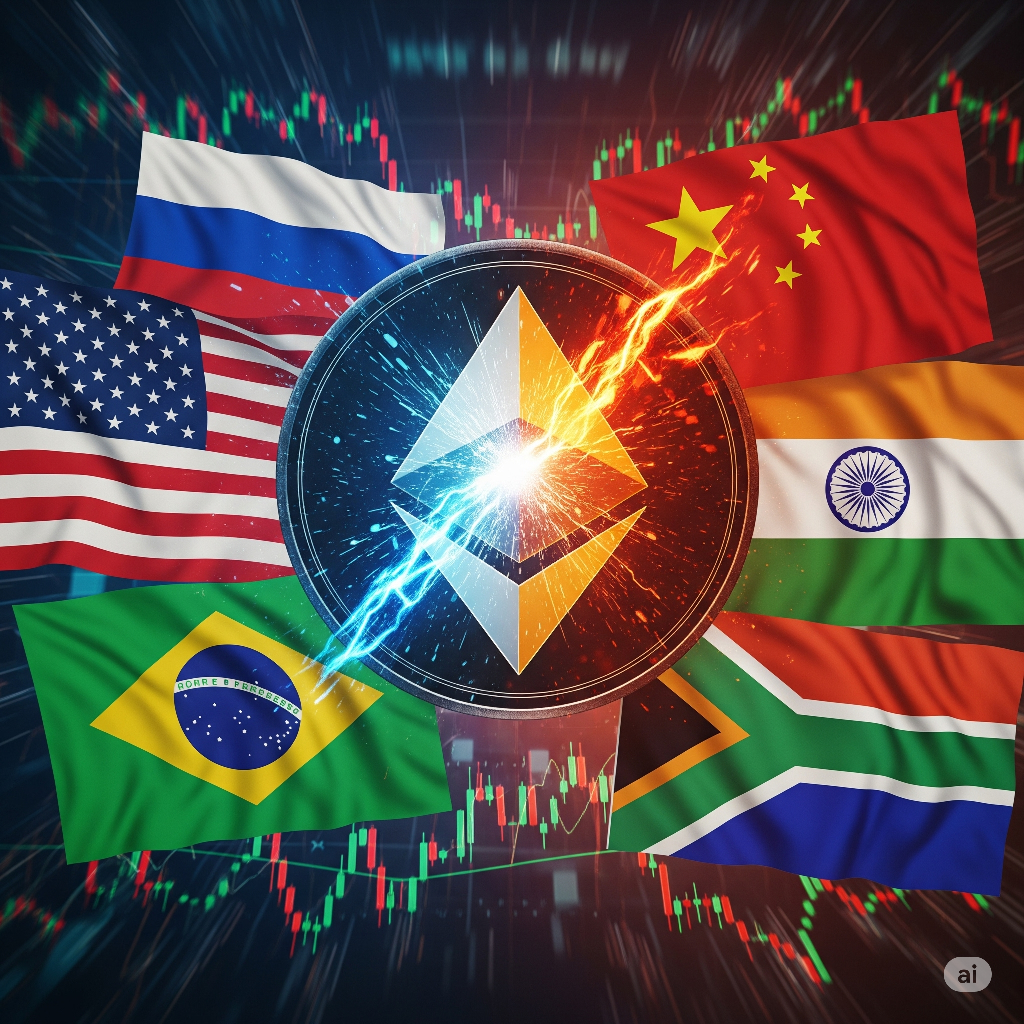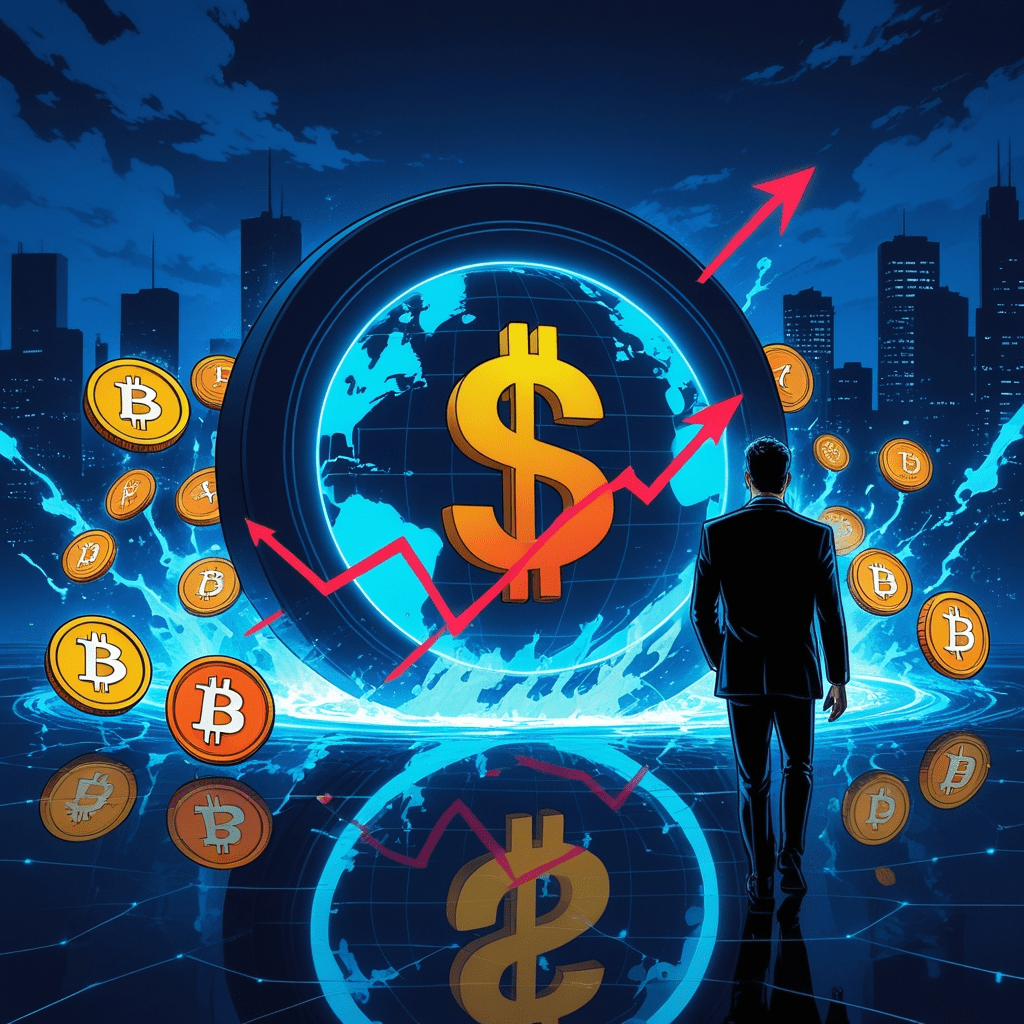
The international scene is tense. Like an old duel from the Wild West, but this time with global finance as the backdrop, the confrontation between the always polarizing figure of Donald Trump and the bloc of emerging economies known as BRICS (Brazil, Russia, India, China, and South Africa) is generating ripples that reach the pockets of investors and traders around the world.
It is no secret that Trump's economic policy, marked by strong protectionism and often confrontational rhetoric, has strained trade relations with several countries, including some heavyweights of BRICS. Tariffs, accusations of unfair practices, and an "America First" approach have painted a picture of uncertainty that, for many, resembles the calm before the storm.
But what does this pulse really mean for those navigating the turbulent waters of the markets? Are we facing an imminent threat to global economic stability, or are unexpected opportunities emerging for savvy traders amid the cracks of tension?
The answer, as is often the case in these complex scenarios, is not straightforward. On one hand, the escalation of trade tensions could trigger a slowdown in global growth. Companies, faced with the uncertainty of tariffs and retaliation, could hold back their investments, and consumer confidence could be eroded. Sectors such as technology, manufacturing, and agriculture, with strong international ties, would be particularly vulnerable. For traders, this could translate into greater volatility in stock and currency markets, requiring even more rigorous risk management.
However, within every challenge lies an opportunity. The confrontation between Trump and BRICS could reconfigure global supply chains, creating new market niches and favoring companies and countries that can quickly adapt to this new landscape. Agile traders could find opportunities in the price fluctuations of commodities, the currencies of emerging countries, and the stocks of companies benefiting from the reorganization of international trade.
The key will be the ability to anticipate movements, analyze carefully the policies and statements from both sides, and act swiftly in response to market changes. The economic "cold war" between Trump and BRICS is not an event to be watched from the sidelines. It is a dynamic scenario that demands attention, analysis, and above all, a strategic mindset to turn uncertainty into potential benefit. Are traders ready for the next chapter of this fascinating economic saga?
